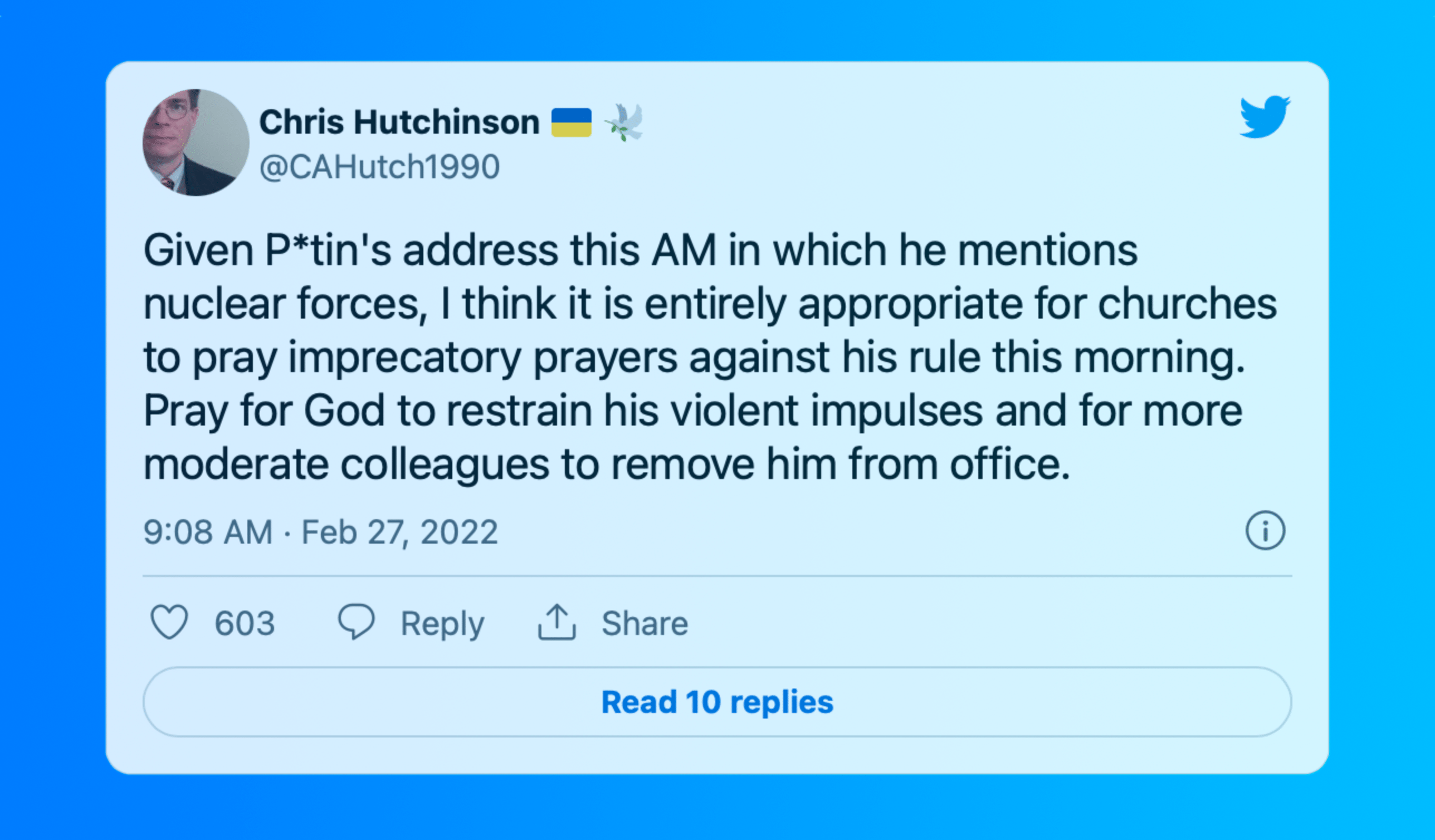Imprecatory Prayer

I had never come across the phrase "imprecatory prayer" until recently, even if I knew well what it meant. In fact, I have struggled with the concept. The Got Questions site begins to answer the question of what imprecatory prayer is by defining imprecatory.
To imprecate means “to invoke evil upon or curse” one’s enemies.
It goes on to inform the reader that, in the Bible, David is the author of the most imprecatory psalms. These psalms, the site explains, were less about exacting vengeance on enemies than a recognition of the fact that God abhors evil and protects his chosen ones. David compares the enemies pursuing him to lions. It's almost as if the psalmists (David, Asaph and an unknown author) felt that they had to point out evil to God, as if He wouldn't otherwise take notice. They plead their case.
More in number than the hairs of my head
are those who hate me without cause;
mighty are those who would destroy me,
those who attack me with lies.
What I did not steal
must I now restore?
(Psalm 69: 22-23)
Christian Prayer
As Christians, we don't focus a lot on prayers that our enemies come to ruin. It would run counter to the very words of Jesus to "pray for those who persecute you" (Matthew 5:44-48). Praying for bad things to happen to bad people feels at odds with the philosophy shared by Jesus. However, what if those prayers serve as protection for those who would otherwise be prey in the jaws of lions? When do you pray for the lion to be crippled, so that the antelope can escape?
These questions came to me as I prayed for the people of Ukraine a few nights ago. I asked myself what would it take to make them secure. The answer is for the aggression against them to cease. Nothing is impossible for God, but the hardened heart of Vladimir Putin seems difficult to penetrate. The salvation of the Ukrainian nation seems to depend on nothing short of the failure of the Russian war machine to accomplish its goals. It seems only natural to then pray for the total defeat of the Russian military forces and their commander-in-chief.
The Escape
In the book of Exodus, as the persecuted Israelites tried to escape the Egyptians, it was God's wrath visited upon the pharaoh and his forces that made their freedom possible. The pharaoh's heart was hardened, the book tells us, and he refused to have mercy on God's people. When Rome became an empire, the title caesar (the cognomen of Julius Caesar) was attached to its emperors, who behaved as the pharaohs did, and were worshipped and revered in the same ways. The title of caesar became czar in Russia when applied to its emperors. Although the reign of the czars technically ended with Nicholas II after he was deposed by the Bolsheviks, what is Vladimir Putin but a modern-day czar, with all of the powers to go with that designation?
When a modern day czar invades another country and kills its people, are we at a point where we start to pray for his downfall? Presbyterian pastor Chris Hutchinson thinks so.

I'm not sure where this leads. My crystal ball is in the shop. I also don't don't know how else to stem the tide. Prayer is what I know how to do right now. Even if that means praying to end the invasion by regime change, however that may happen.
Treasure Hoard
Join the newsletter to receive posts in your inbox.



